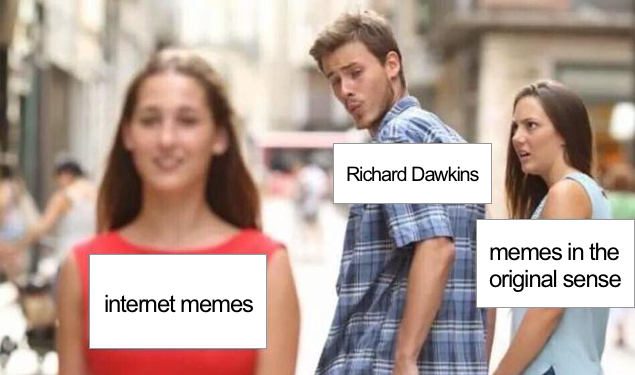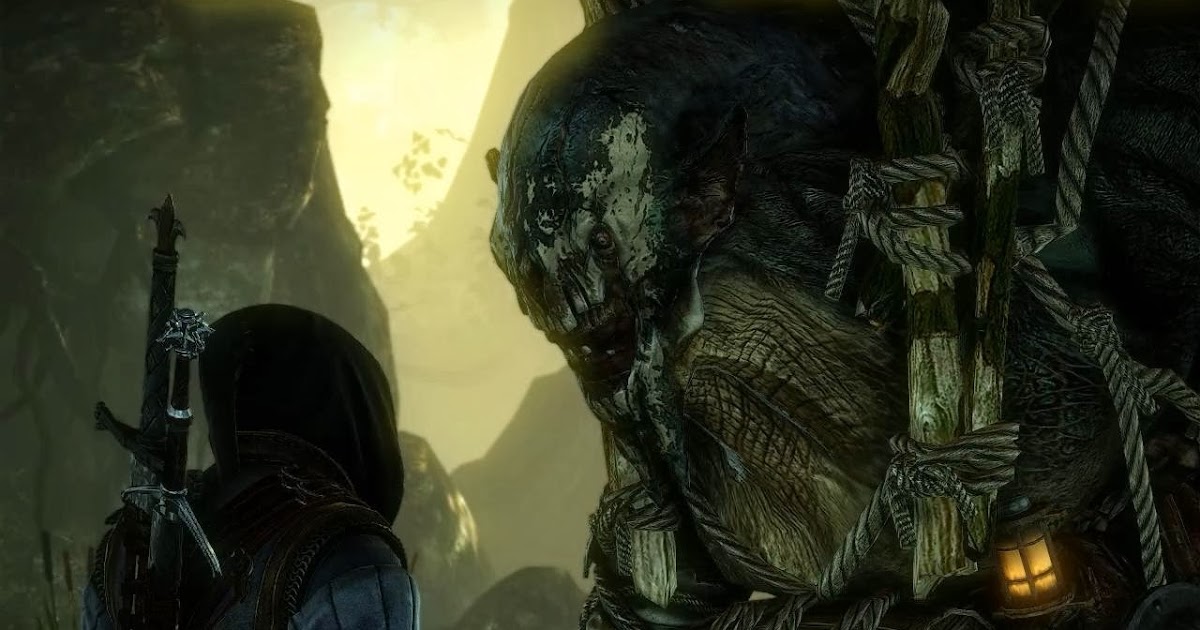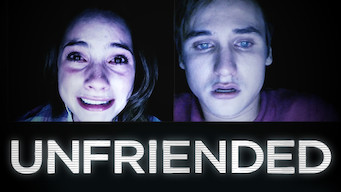
The Internet has changed the life of an entire world. It is one of the main instruments of globalization, which affects almost all spheres of life. Including languages.
And this is reflected even in everyday speech. Many ordinary words are now perceived completely differently, and some have even changed their basic meanings.
The reason is simple. Each online phenomenon needed its own definition. And in order not to come up with too many new terms, they used quite ordinary ones.
In this text, we have collected the top words, the meaning of which the Internet has changed beyond recognition.

Previously, the phrase "become friends" meant "make friends" - that is, to have a new friend. Today, in the vast majority of cases, it just means "add to friends on a social network."
At the same time, the word works equally as a noun and as a verb.
Friend is a friend on a social network.
To friend - add a friend on a social network.
And “unfriend” is a completely new word that means “remove from friends”. It cannot be applied to real life - the phrase “stop being friends” is more appropriate - “stopped being friends”.
The title of the horror movie "Unfriended" plays out this ambiguity. Because this word means the death of a “friend”.

The "cloud" is now not only a cloud in the sky, but also a cloud data storage. And in this sense, the word is found online much more often than in its original.
In the first 100 links of Google search results for the query "cloud", there is not a single link that would be associated with clouds.
It is not known for certain who first used the term "cloud" for data warehouses. Quite possibly it was the writer Kurt Vonnegut. In his 1959 book The Sirens of the Titan, there is this moment:
The message itself was unknown to Salo. It had been prepared by what Salo described to Rumfoord as, «A kind of university — only nobody goes to it. There aren't any buildings, isn't any faculty. Everybody's in it and nobody's in it. It's like a cloud that everybody has given a little puff of mist to, and then the cloud does all the heavy thinking for everybody. I don't mean there's really a cloud. I just mean it's something like that. If you don't understand what I'm talking about, Skip, there's no sense in trying to explain it to you. All I can say is, there aren't any meetings.»
. , , « , ».
— , . , . , , . , , . , . , , , . , , .
(. . )
Of course, the "cloud" here is just an idea that roughly resembles modern forms. But the description is very consistent. “A cloud into which everyone has breathed their little ball of steam” - and after all, anyone can upload their own data to cloud storage and share it with others. That's the point.

How without him. Because like “thumbs up” under a post on social networks is almost the basis of modern online communication.
Like is a polyhedral word that can be used in many ways:
- The verb is "to like", "to treat someone well."
- It's not possible for everyone to like you. - It is impossible to please everyone at once. - — «, , ».
— I heard a sound like the phone ringing. — . - — «».
— Like enough that she didn’t receive your gift. — , . - — «, ».
— You look like your dad. — . - — « ».
— I’ve never seen the like. — .
But now most often "like" is "like". Whatever one may say, when you hear a word, this meaning is the first that comes to mind.
Like as a form of approval in social networks appeared a long time ago - in 1998. And its founder was not Facebook, but the Dutch programmer Van der Meier, who created it for the Surfbook social network. Zuckerberg just took the idea and used it wisely on his platform - on Facebook, the like was only introduced in 2010. The
functionality of the like was similar - users could show their approval under the posts of friends and other people. The idea of the "like" button was patented, so Facebook got a multimillion-dollar lawsuit from Surfbook rights holders in 2013.
The legal proceedings lasted for three years, and in 2016 Facebook won the lawsuit. The “like button” patents were invalidated. But this trial nevertheless became one of the reasons why Facebook decided to change the button at all and add other emotions besides the standard “thumbs up”.

The word "meme" today is perceived only as a "cool picture on the Internet."
One of the variants of such a meme with a small amount of irony:

We even once wrote an article on how to learn English using memes . You can read :)
But it is interesting that the word "meme" originally had only scientific meaning. It was invented by the famous popularizer of science and scientist Richard Dawkins. And it was first used in the book "The Selfish Gene" (1976).
A Dawkins meme is any idea or behavior that is passed from one person to another. A meme is a basic carrier of cultural information, just like a gene is a carrier of genetic information.
Many people mistakenly believe that the basis for the "meme" was the English "memory" - "memory". This is not entirely true. It is formed from the Greek "mimema" - "something that is imitated, copied." And the very form of the word is created by analogy with the lexeme "gene".
In the scientific field, the term "meme" has become just one of the hypotheses for the development of culture. But now everyone knows him and only a few know where this word came from.

Before, the troll was only a creature in Scandinavian mythology. In The Witcher they are portrayed quite close to the legends. In the second part of the game, an entertaining secondary quest is associated with the drunk troll.

An online troll is most often an anonymous instigator who provokes the interlocutor to negative emotions in chat, comments or private messages on social networks.
It is interesting that the Scandinavian troll has nothing to do with the term "trolling". Almost.
«Trolling» « ». , - «» . , , — .
The very word "troll" in Middle English meant "to walk." The word is clearly of Germanic origin - in Middle High German there was a lexeme "trollen" with exactly the same meaning.
On the other hand, Norwegian also has the word "troll" - that same classic monster troll. In Old Norse, "trǫll" meant a witch or sorcerer. It is possible that the word is also associated with the High German "trolle" - "monster, horror". Hence the modern meaning.

Now the word "profile" is associated exclusively with social media accounts. Other meanings remained only in narrower areas of knowledge.
- In photography and painting - the image of an object or person from one side.
- In architecture and engineering, a vertical cut.
- In physics, a cross section (for example, wires).
Initially, “profile” also meant a short biographical sketch. As a summary, only very brief. And it is from this meaning that the modern has grown - a page in social networks.
Actually, that's why some phrases can be perceived in different ways.
- I like how your profile looks. - I like the way your profile looks.
Which profile? Face in profile? Or the design of a page on a social network? Or is it just a drawing? Although even without context, it is clear that this is just about the page. In ordinary speech, other meanings of the word are not used from the word at all.

Straight word symbol of 2020. Because viral is viral. In pre-Internet times, it was only used by biologists and virologists.
Now "viral" has slightly changed the meaning. Today it means something extremely popular or rapidly spreading on the Internet. Picture, post, meme - whatever.
The mechanism is clear - the virus spreads very quickly in real life. And viral information spreads just as quickly on the network. They share it on social networks, dump it in PMs. It is so interesting, entertaining or sensational that I would like to share it.
Interestingly, in Russian, "viral" and the neologism "viral" are equally used. True, in 2020 we saw a very clear division. Due to the coronavirus, “viral” has become more often used in ordinary speech, therefore, to denote exactly “viral information”, marketers often write “viral”.
And you shouldn't once again provoke 2020. You never know. He's still a troll.
***
In fact, there are many more words that the Internet has changed. Swipe, sandbox, tweet, ping, fail, text, timeline, tag, follow, footprint, block, bump - and these are just the words that came to mind first.
Therefore, there are many, mountain-a-azdo more. And what words do you know that the Internet has given new meanings? Write in the comments.
Online school EnglishDom.com - we inspire to learn English through technology and human care

Only for Habr readers the first lesson with a teacher on Skype is free ! And when buying classes, you will receive up to 3 lessons as a gift!
Get a full month of ED Words premium subscription as a gift .
Enter the netchange promo code on this page or directly in the ED Words app . The promo code is valid until 11/17/2021.
Our products:
- Learn English words in the ED Words mobile app
- Learn English from A to Z on the ED Courses mobile app
- Install the extension for Google Chrome, translate English words on the Internet and add them to study in the Ed Words app
- Learn English in a playful way in the online simulator
- Strengthen your speaking skills and find friends in conversation clubs
- YouTube- EnglishDom
